A workshop organized by the team of the «Lost Childhood» project of «Territory of Terror Museum» on July 21, 2021, was aimed to establish the connection and feedback from potential visitors for the future branch, «The Museum of Juvenile Political Prisoners and Repressed Children». These are experts, museum workers, architects and people who are ready to talk about the traumas of repressions in their families. The museum team showed visitors and journalists the location of the future museum and acquainted them with what had already been managed to work out within the «Lost Childhood» project in particular.
«It is good to know that our co-creators – people whose stories we document and whose experience we want to present, are interested in this workshop. We have managed to make new contacts and we are now able to record even more new interviews. So, we continue working on the project and you are welcomed to apply», – says Khrystyna Rutar, a coordinator of the «Lost Childhood» project.
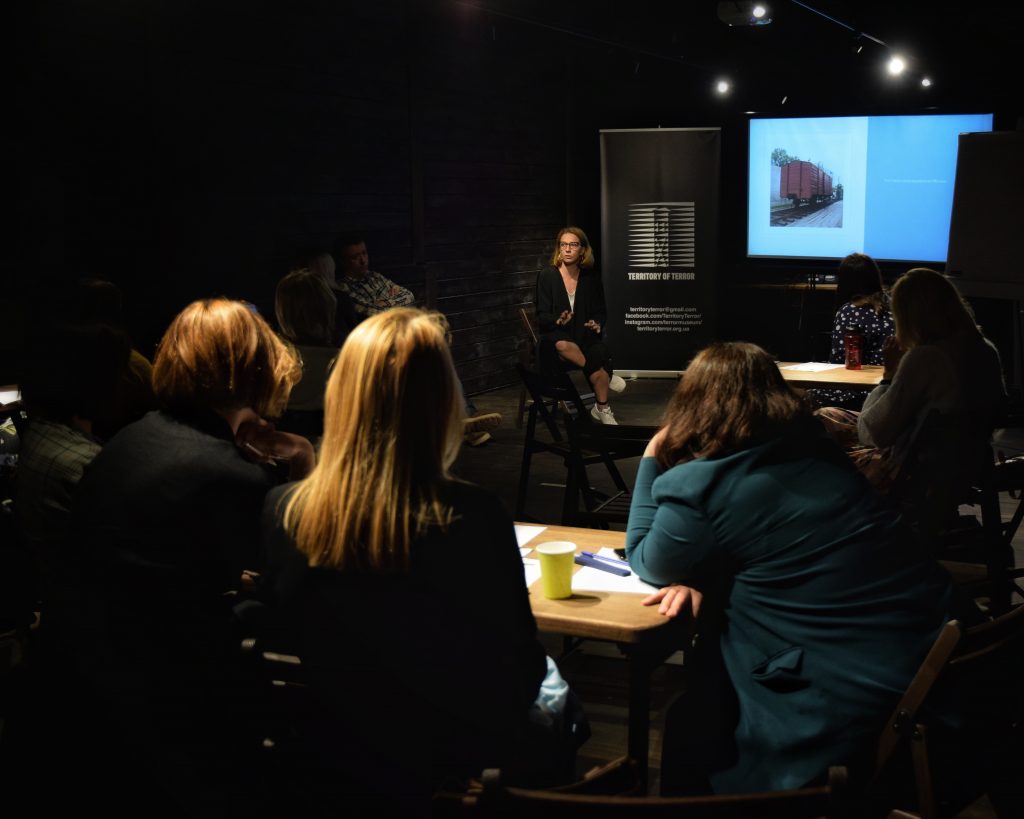
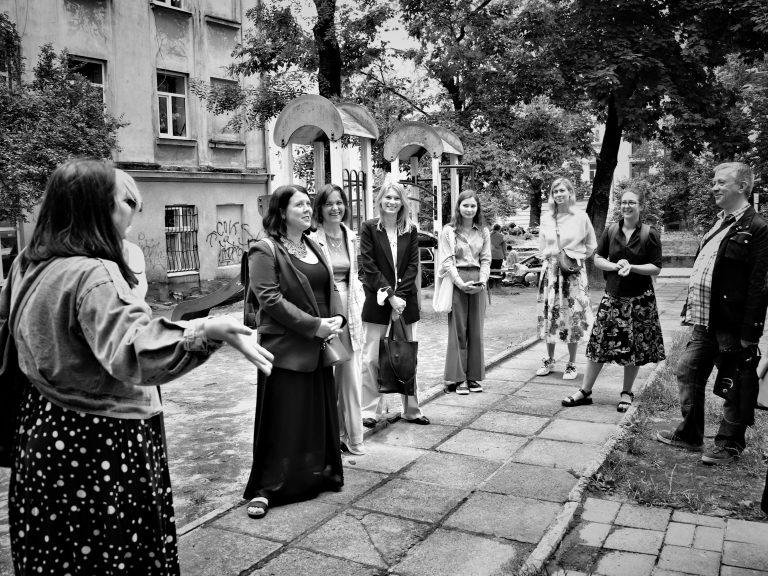
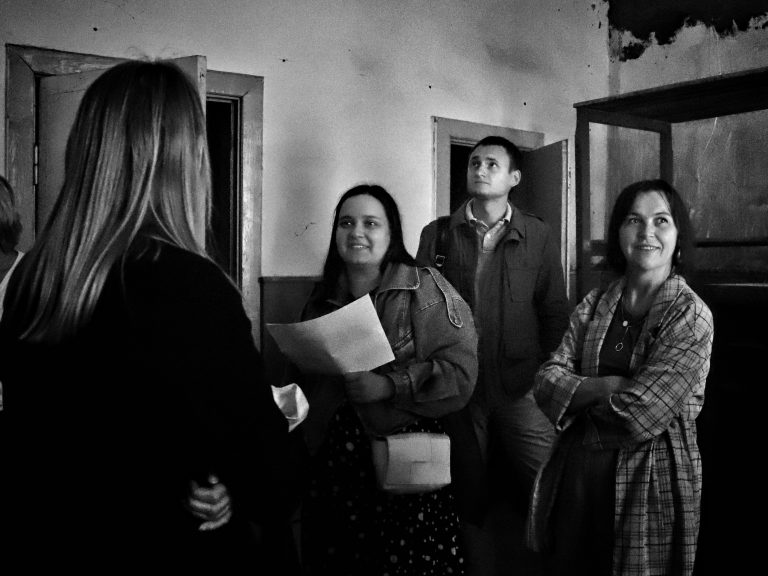
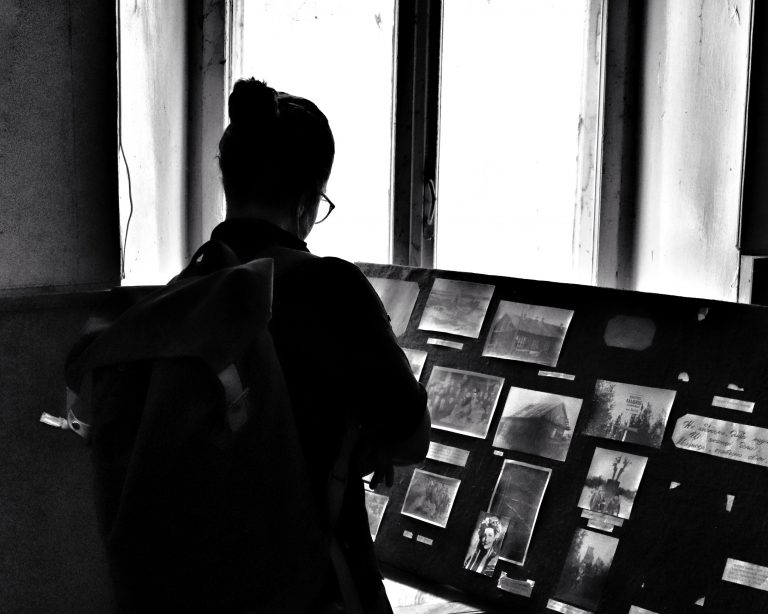
Results
Participants worked on suggestions and risks for the future museum branch, like international and Ukrainian partnerships, potential exhibitions and educational programs.
Partnership
A number of organizations and individuals were suggested and recommended to the museum for cooperation. There were lots of discussions about Lviv residents who live all around the world, so it was realized that it’s not necessary to limit the project with just Lviv and the Western parts of Ukraine, as according to the context of the repressed childhood, many of those who were forced migrants or repressed, settled in other countries.
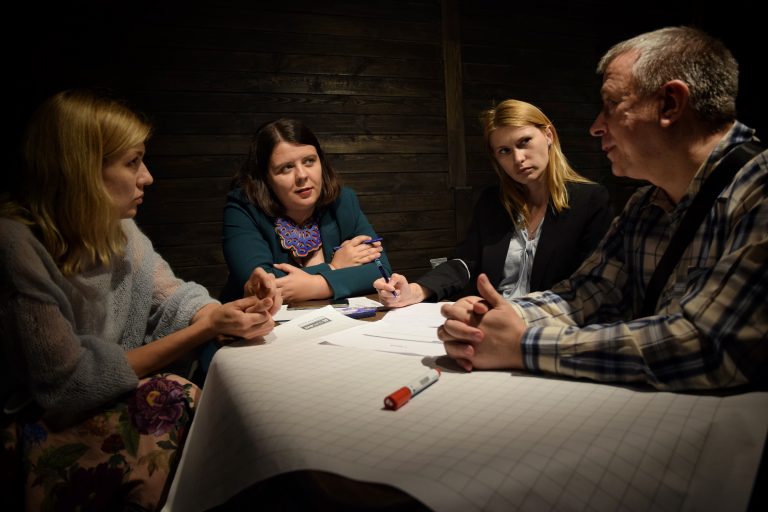
Potential expositions
«For me, the most important thing was to show how, in the context of a lost childhood, the connections between generations and settled family models were lost. We must show how the Second World War “crushed” everyone. We know little about our grandparents, and even less about great-grandparents, so the topic we are dealing with raises global human issues which are important right here and right now», – says Olha Honchar, a director of the Museum.
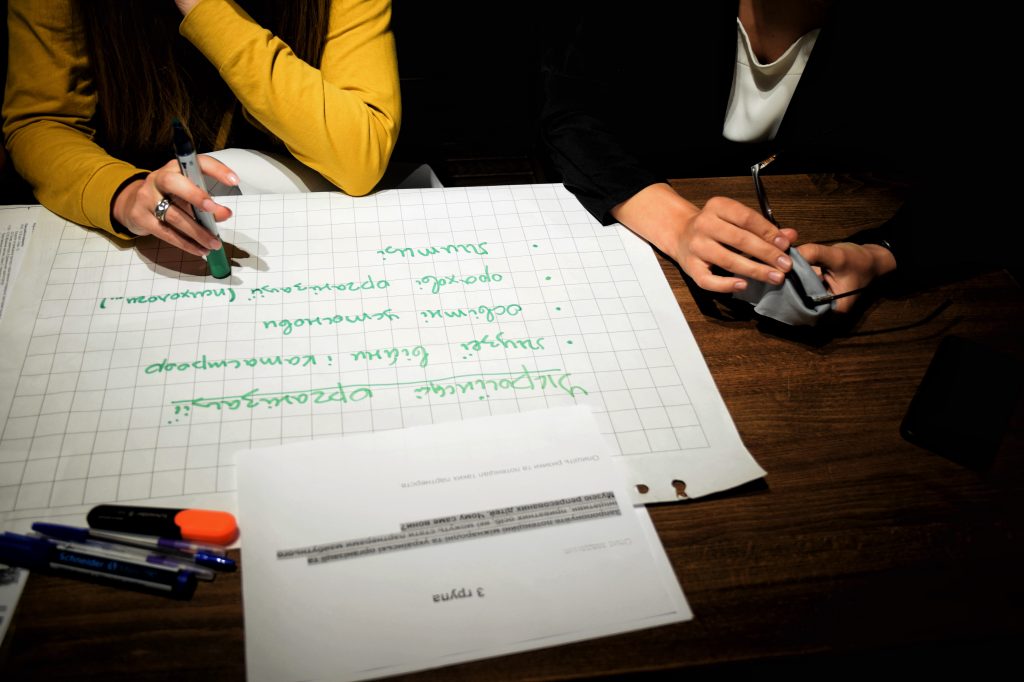
Educational programs
Educational activities are even more important than the main exposition: we should speak, share, and inform. The museum workers came up with the idea of a dynamic museum – the one where there is a place for discussion. Because museums like «Territory of Terror» are not about the future, but about “the now”. They often “cover up” with children in wars, so in the field of education, it was decided to taken into account the following topics:
memory and the problem of recognition;
trauma and the victim complex;
children as an instrument of terror.
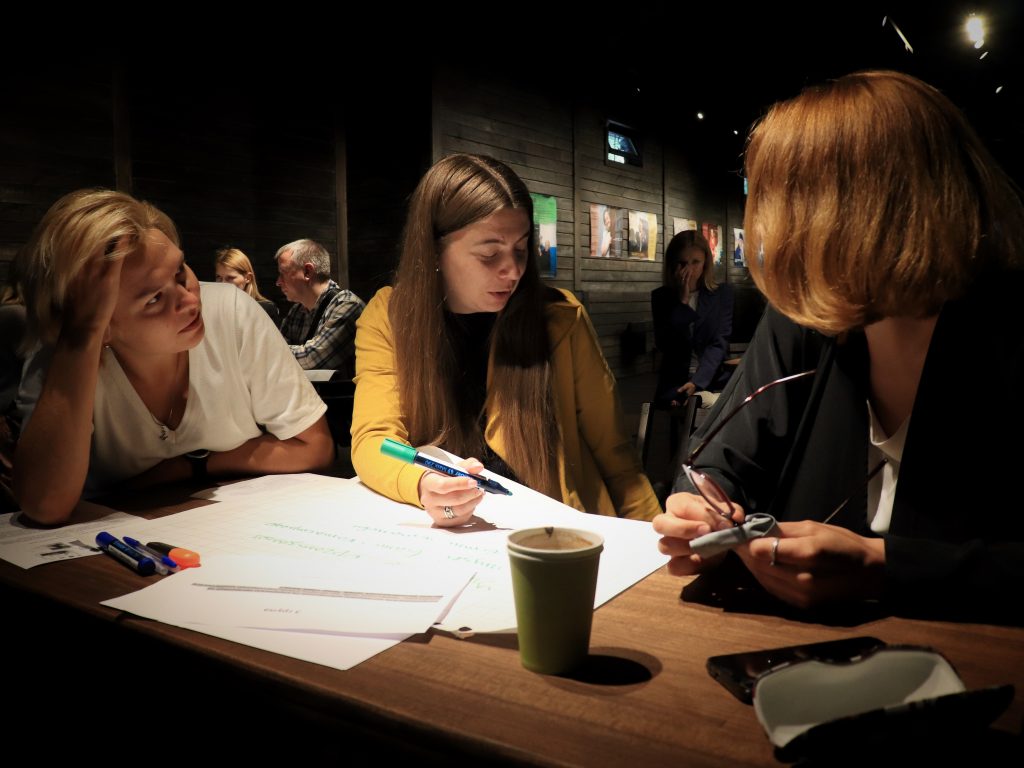
A vice-director of the Khotkevych Palace, Tetiana Prodan, added that this project brings people to the current situation of life in a war:
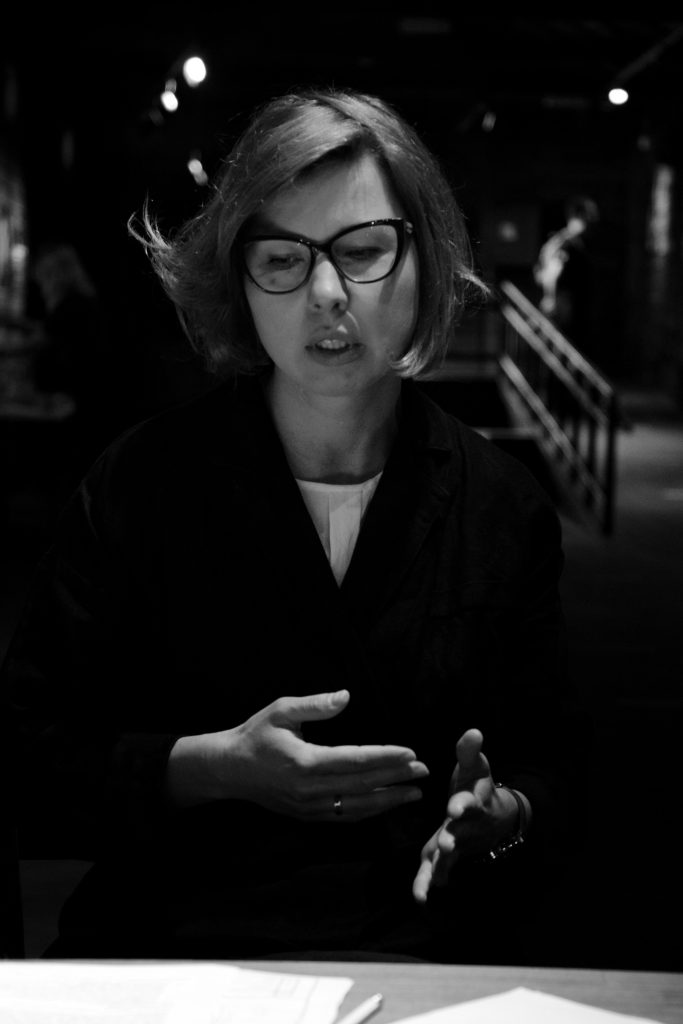
«As we can see, the modern generation will be the same adults in 50-70 years. According to the experience of the past, we already understand the consequences that these children who have experienced it now, will result soon».
The workshop «The Museum of Repressed Children» was realized under the international project «Lost Childhood», which is supported by the European Union according to the «House of Europe» program. The branch «The Museum of Juvenile Political Prisoners and Repressed Children» is created on the basis of the «Territory of Terror» Museum.
